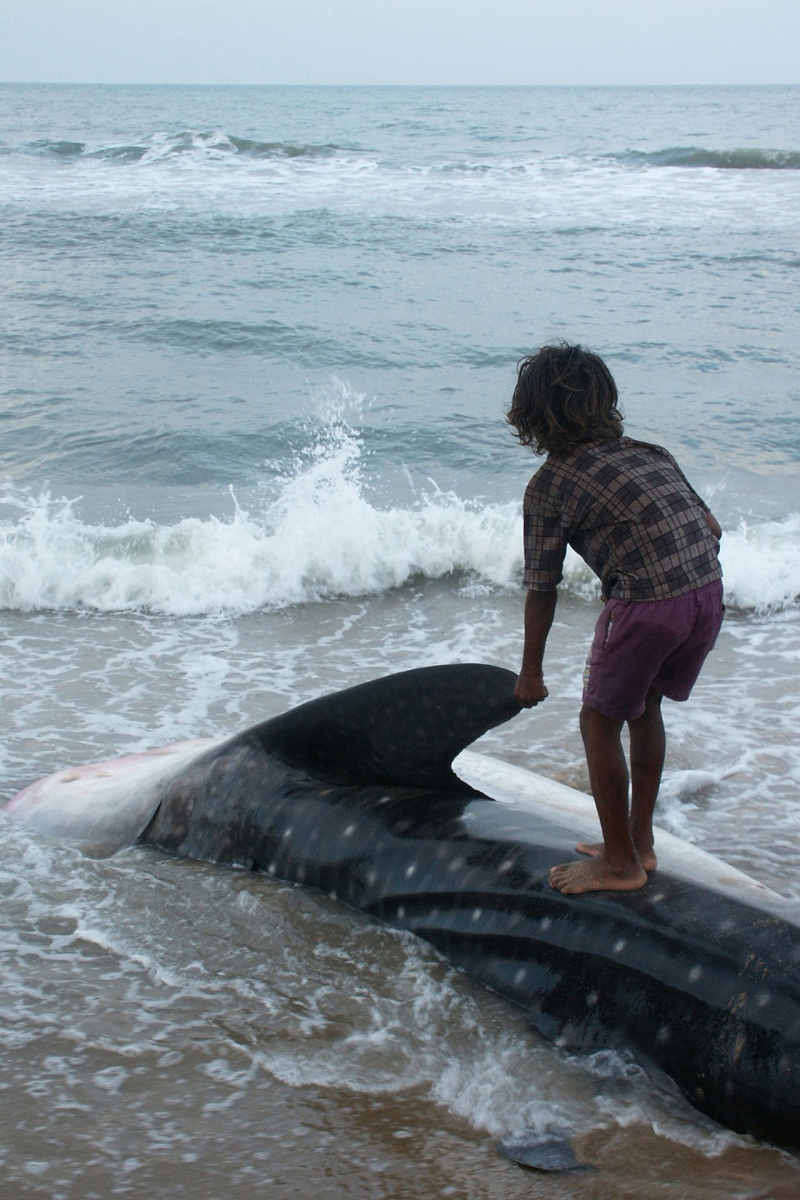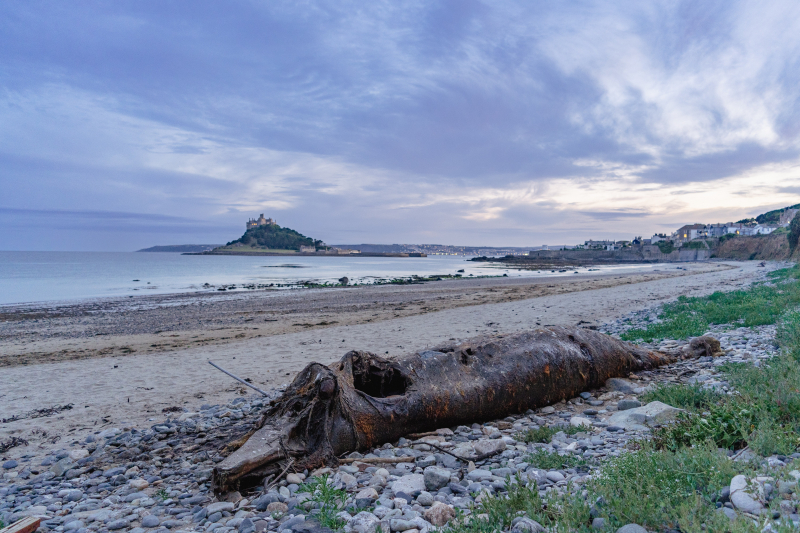Dead whales are bacterial reservoirs, containing many pathogens
When a living organism dies, bacteria and maggots attack, causing the body to decompose rapidly. So, not long after the animal dies, its body will begin to release a foul odor (stink) due to the presence of bacteria and the release of cadaverine and putrescine. The internal organs will break down first, creating a build-up of gases in the body - usually methane and nitrogen-based gases, causing the body to fall into a "bulging" state. This gas will quickly escape due to the decomposition of the skin.
The smaller the animal, the faster the decomposition time. As for giant-sized animals, especially whales, its carcass will create a different way. Whale skin is very thick and has strong elasticity, withstand extreme pressure, and is extremely difficult to decompose. The super-thick layer of fat under its skin takes a long time to break down. After a whale dies, more than 90% of its body's soft tissues can be a source of food for large numbers of organisms over a long period of time. So it can be seen that, if it is allowed to decompose, it is not known how long it will take to decompose completely. The huge amount of bacteria hidden inside will cause harm to the environment and human health. The lifeguards when working must also be very careful with bacteria parasitic on the whale's skin. They can become infected if they accidentally fall into an open wound.






